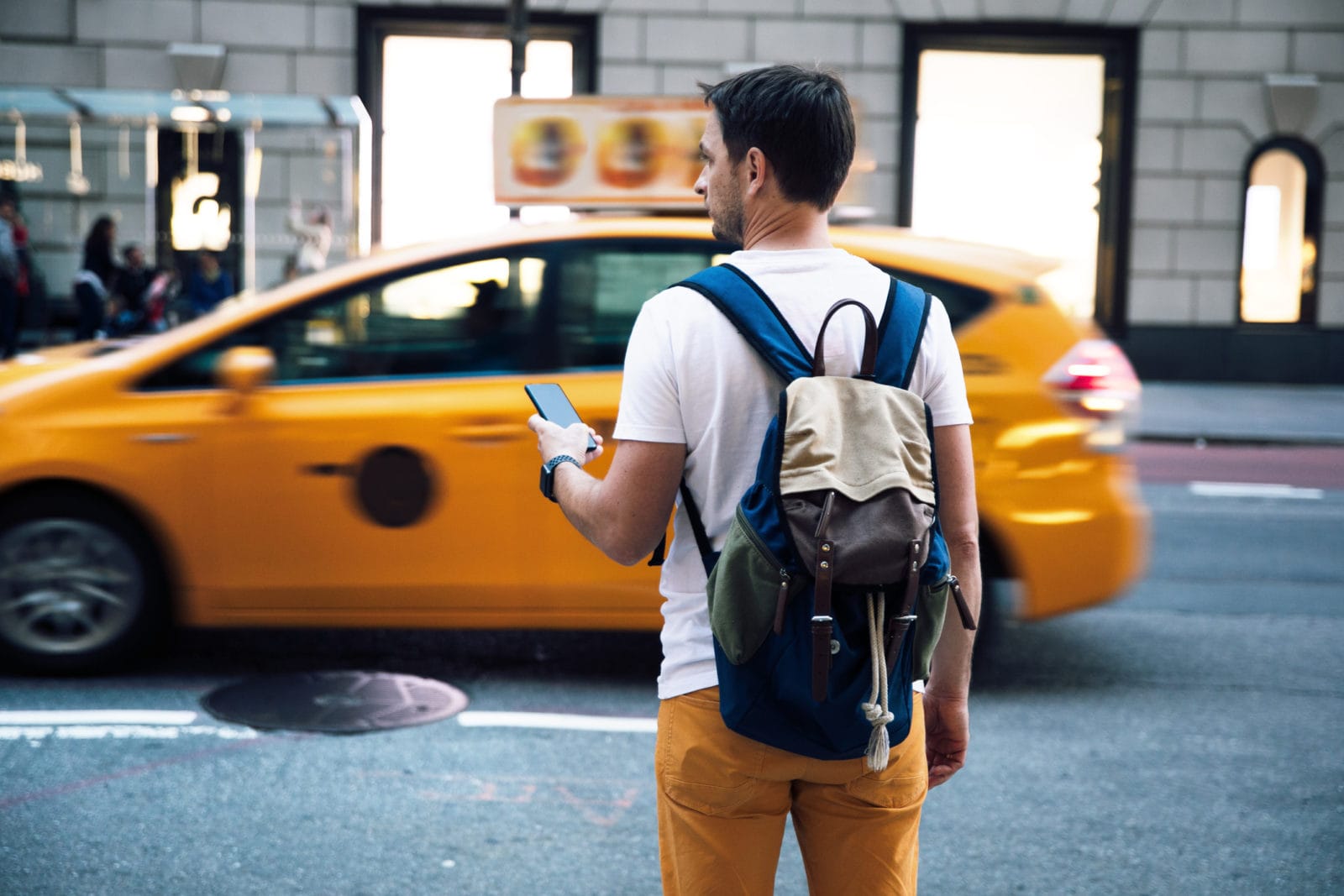
For some reason, B.C. seems to be behind the times when it comes a lot of things that are no-brainers everywhere else. Take for instance our restrictive and archaic liquor laws, or the recent botched rollout of legalized marijuana sales. It looks like that’s the case again with the NDP’s flawed plan to allow for ride-sharing in B.C., announced this week. It’s disappointing, but predictable.
Currently, B.C. is the only major jurisdiction in North America that doesn’t allow ride-sharing. This is bad news if you like to partake in the occasional adult beverage and get home in a safe and timely manner. It’s also really bad news for the craft beer and tourism industries in this province, which contribute tens of billions of dollars to our economy.
You can hardly blame the NDP for this one, though. The B.C. Liberals had five years to make ride-sharing happen and they did absolutely nothing. So I suppose the NDP should get some credit for actually doing something, but unfortunately what they’ve done isn’t very helpful.
Under the proposed legislation, ride-sharing likely won’t become legal until late 2019 or early 2020—almost a year and a half from now, which is ridiculous. Additionally, the province hasn’t ruled out capping the number of ride-share operators, which totally defeats the purpose of an on-demand service like Uber or Lyft. The province plans to eliminate municipal boundaries for taxis—which is great—but they also plan to continue the practice of arbitrarily limiting the number of available taxi licences, which is very not great.
“I’m bewildered, honestly,” says Ken Beattie, executive director of the B.C. Craft Brewers Guild. “They are putting rules in place that aren’t used in any other jurisdiction. We’re no further ahead than we were two years ago, or seven years ago.”
Beattie says the lack of ride-sharing options is having a negative impact on our tourism industry as tourists who visit B.C. expect to be able to use services like Uber or Lyft. Instead, they’re stepping off a cruise ship or an airplane and are faced with hours-long waits for a taxi.
In particular, Beattie says the continued practice of capping taxi licences and the potential capping of ride-share operators does nothing to solve the frustrating lack of transportation options.
“It makes no sense to place caps on the number of cars allowed in the area,” says Beattie. “If you have properly licenced, insured drivers, with extensive security and screening, why would you want to restrict that?”
As a result of our government’s failure to legal framework for ride-sharing services, unregulated and uninsured black market ride-sharing services have begun popping up all over Metro Vancouver.
I, for one, rarely venture outside of my immediate neighbourhood on a Friday because getting around late at night without a car is a massive pain in the ass. I’d love to hit up a show downtown, but the thought having to wait 45 minutes to an hour in the pissing rain while cabs pass by me because they don’t want to take me back to the ’burbs is usually enough to convince me to keep my 30-something ass at home. And the money I would have spent at local businesses instead gets spent on collectible porcelain figurines on eBay. Don’t judge me. They’re adorable.
But more so than an economic issue, this is a matter of public safety. Uber says ride-sharing services reduce drunk driving, and studies in the U.S. have backed up that claim. Mothers Against Drunk Driving have long advocated for ride-sharing as a way of giving people a safe ride home after drinking.
If you’re wondering why our government seems incapable of making ride-sharing happen in an effective, timely manner, it could be due the fact the taxi companies don’t like the competition that ride-sharing presents. And those taxi companies donate a crazy amount of money to our politicians.
In the past three years, taxi companies across the province donated close to $100,000 to the B.C. NDP, as well as more than $50,000 to the B.C. Liberals. And that’s just at the provincial level. In the run-up to the 2014 municipal election, cab companies and taxi associations donated close to $120,000 to various political parties and candidates, in Vancouver alone.
The taxi companies might win, but the rest of us lose.




